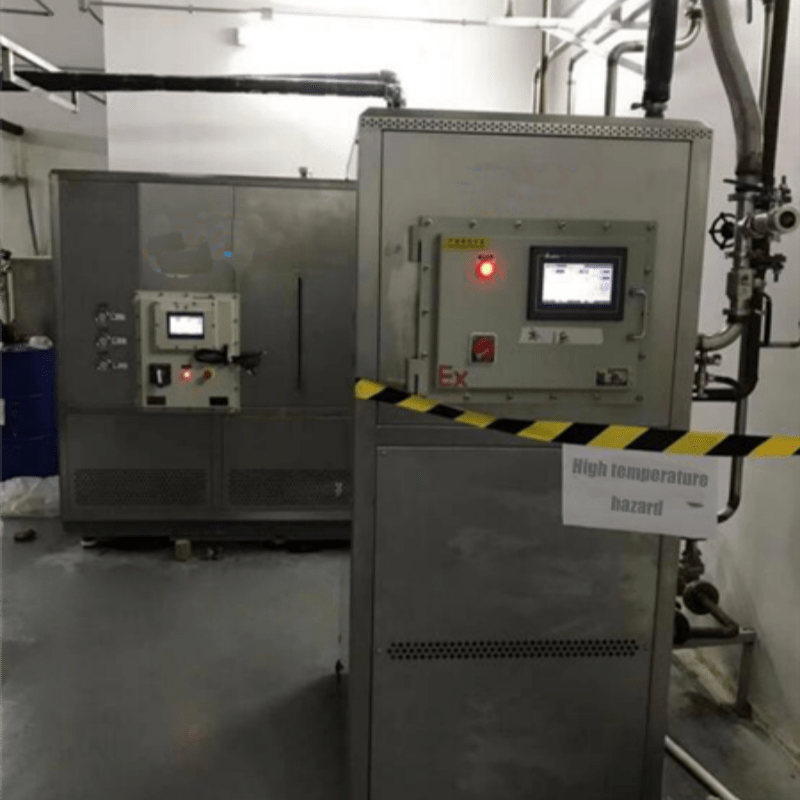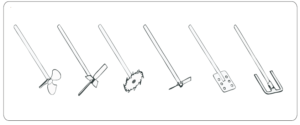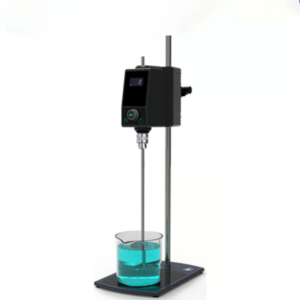
Temperature Control Units (TCUs) play a crucial role in various industries, particularly in applications that require precise temperature regulation. Whether used in chemical processes, manufacturing, or laboratory settings, the efficiency and accuracy of a TCU system can significantly impact the quality of operations. One of the most important aspects of keeping a TCU running smoothly is regular maintenance. In this article, we will discuss why maintenance is essential and how it contributes to the optimal performance of the TCU system.
1. Prolongs the Lifespan of the System
Like any complex equipment, TCUs are made up of numerous components that work together to regulate temperature. Over time, parts such as pumps, sensors, and valves can wear out due to continuous use. Regular maintenance helps identify any potential wear and tear early, allowing for timely replacements or repairs. This not only prevents costly breakdowns but also extends the overall lifespan of the TCU system, ensuring a long-lasting and reliable performance.
2. Prevents Unexpected Downtime
A well-maintained TCU is far less likely to experience unexpected malfunctions or breakdowns. Unplanned downtime can be costly, leading to production delays or compromised experiment results. Routine checks and servicing of the system reduce the likelihood of sudden failures, providing a more stable operation and consistent temperature control. This is especially important in environments where precision and reliability are paramount.
3. Maintains Temperature Accuracy
The core function of a TCU is to provide precise temperature control. However, without regular calibration and inspection, the system may lose its accuracy over time. Components such as temperature sensors can drift or become less responsive, leading to inaccurate readings. Regular maintenance ensures that all parts of the system, especially the sensors, are functioning correctly, maintaining the desired temperature range and preventing fluctuations that could affect processes.
4. Improves Energy Efficiency
A well-maintained TCU operates more efficiently, consuming less energy to regulate temperatures. Dirty filters, clogged cooling systems, or malfunctioning components can cause the unit to work harder than necessary, increasing energy consumption. By regularly cleaning and replacing worn-out parts, you ensure that the TCU runs at its peak efficiency, which not only saves on energy costs but also reduces the environmental impact.
5. Ensures Safety
Maintaining a TCU system is also essential for safety. Faulty equipment can lead to overheating, electrical issues, or even dangerous malfunctions that could harm both the equipment and operators. Regular inspections help to identify potential safety risks and ensure that the system complies with safety standards. This is particularly important in industries where hazardous chemicals or materials are involved.
Conclusion
In conclusion, regular maintenance is essential for the proper operation of any TCU temperature control system. It prolongs the system’s lifespan, prevents unexpected downtime, maintains temperature accuracy, improves energy efficiency, and ensures safety. Investing time and resources in routine maintenance not only enhances the performance of your TCU but also saves costs in the long run. By keeping your TCU in optimal condition, you ensure that it continues to support your operations with reliable and accurate temperature control.

